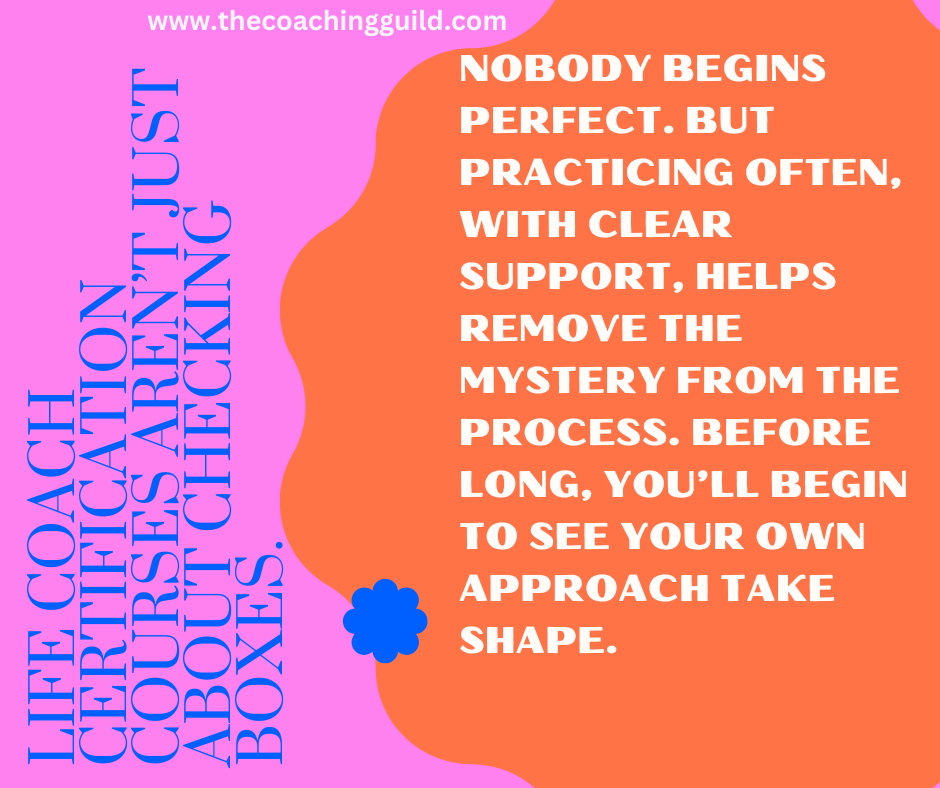You Cannot Outsource Your Own Security
I am bored to death with all the talk in the coaching industry about making all the huge dollars. Sure, that is a thing. I am getting myself some of that big money every month. However, there is more to life and coaching than making mo money.
Conversations about money are dull as fuck because money itself is not really the damn goal. Most people think they want big money. However, here is a little secret: As much as you believe money is what you’re after, it isn’t.
I want to talk about freedom. If you want to talk about freedom, I am here for it all damn day. Freedom is giving me all the feels.
I think it is the only thing worth discussing right now. Life is weird these days. It is unpredictable and unsettling. The wilder the ride gets, the more people typically clamor for as much predictability as possible. The uncertainty usually drives people to run in the direction of security.
But here is the thing: You can’t outsource your security. We all need to learn how to make it for ourselves.
Everyone understands that on a visceral level in ways we didn’t before. The great quitting of all the jobs proves many of us are seeking something that feels more spacious AND solid than just a 9-5 with two weeks of vacation and a 401k.
Coaches like to sell a lifestyle – you know the drill: pretty perfect lives with lots of cash stacking up in the corners of the kingdom. However, I bet you know what is sexier than stacks of money and a picture-perfect zoom background:
Freedom.
Without freedom, all that cash you can make might be nothing more than another prison of your own making.
Now to be one hundred percent clear, I am not in any position to sell an illusion that my life is perfect. It’s not. In fact, at times, my life is messy as fuck – literally and metaphorically. I have a lot of moving pieces in my life. I am working, homeschooling, and caretaking elderly parents. I have five dogs that run my entire world. This whole scene does not always look like a well-oiled machine.
However, I often underestimate how much freedom I actually have.
I forget what it is like to be stuck in the daily grind.
I live about a mile from the beach in Baja, Mexico where the weather is ideal, the internet is usually stable, and the living is fine.
We own our home. We are not juggling debt.
I make a very, very comfortable full-time income working about half-time hours.
I do work I love with clients and students I choose.
This is the kind of freedom most people dream of but will not plan for because they are working their asses off to retire.
We made hundreds of small decisions for a very long time to get us here.
However, the most important of those decisions I made was becoming a coach.
I have the freedom to be there for my aging parents in ways most people do not.
I have the freedom to homeschool my child, which made moving out of the states way easier decision than it would have been otherwise.
I have the freedom to set my hours, hap in the afternoon, and enjoy the sunset as I please.
I have the freedom of location independence and can work, travel, and live anywhere.
I own my own time.
I make my own rules.
I answer to my dogs when they need to go out, and that is about it.
Show me someone who wants to talk about building more freedom in their lives, and I am going to want to tell them about the joy of being a coach.
The Coaching Guild is a training coach training program specifically designed to nurture artists, creatives, rebels, and good trouble makers.
It is a multi-instructor, multi-disciplinary approach to training that prioritizes learning innovative foundational coaching skills and marketing training.
If you want to create more money and FREEDOM in your life, maybe you should join us.
www.thecoachingguild.com


